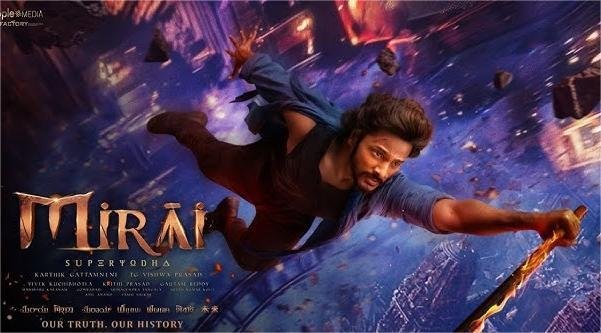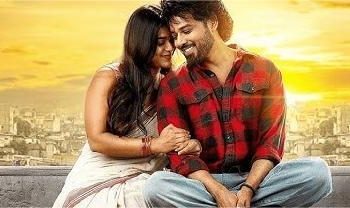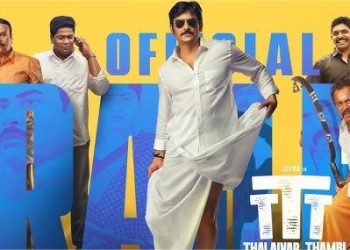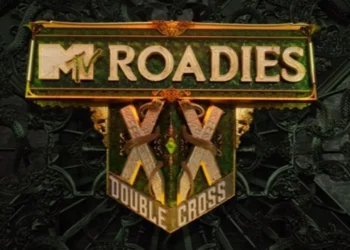Mirai weaves together myth, spirituality, and action. The basic premise follows Vedaa (Teja Sajja), an underdog in the beginning, who later learns that his destiny is tied to protecting nine sacred scriptures. These scriptures are powerful artifacts capable of elevating mortals, but with great power comes great evil. Vedaa’s journey takes him through trials, ancient lore (including connections to Lord Rama, Emperor Ashoka, demigods, sages, etc.), betrayal, the spiritual, and the moral.
What makes the film resonate, beyond flashy action, is its attempt to ground mythological grandiosity with human emotions: the duty of a hero, the weight of legacy, and how faith and heroism intersect in a modern-mythical world. There are also touches of commentary on greed, animosity, revenge, and what it means for individuals to rise above personal conflicts in the face of larger, spiritual battles.
The mythological framework (scriptures, divine weapons, gods, sages, etc.) is well integrated, and the film does a good job making the setting feel grand without losing track of the characters. The lore doesn’t feel like mere ornamentation; it influences plot and conflict.
Visuals & VFX: One of the movie’s biggest strengths. The production has managed to deliver grand, epic fantasy visuals on a ₹ 60 crore approx budget.
Performances: Teja Sajja carries the film well: he handles both the emotional weight and physical action with conviction. Manchu Manoj, as the antagonist, is particularly praised — his presence, intensity, and how he adds stakes to the hero-villain conflict are appreciated. The supporting cast (Shriya Saran, Jagapathi Babu, Jayaram Subramaniam, Ritika Nayak) also gets recognition for bringing depth to their roles, though screen time varies.
Direction: Karthik Gattamneni demonstrates ambition, making large-scale mythological sequences believable, while also handling intimate moments. The cinematography, lighting, and set design are frequently praised for their scale and care.
Editing: Sreekar Prasad is credited, though in the second half, some feel the editing could have been tighter to maintain momentum.
Music / Background Score: Gowra Hari’s score garners praise for enhancing action, mood, and atmosphere. The soundtrack supports the narrative rather than overshadowing it.
Mirai is a significant cinematic effort — ambitious, visually resonant, and emotionally rooted. It stands out among recent fantasy epics in Telugu cinema for marrying myth with modern filmmaking sensibilities. While it doesn’t avoid clichés or pacing issues entirely, its strong hero-villain conflict, grand scale, and emotional moments make it a compelling theatre experience.
If you’re someone who enjoys mythological fantasy, larger-than-life action, and strong visuals, Mirai is likely to deliver. Casual viewers who prefer tight storytelling or minimal spectacle may find some parts dragging, but even they will find much to admire.
Mirai

Director: Karthik Gattamneni
3.5
Pros
- Spectacular VFX and grand world-building
- Strong lead performance (Teja Sajja) and powerful villain (Manchu Manoj)
- Effective mythological/spiritual themes
- Highs in the interval & climax give a good impact
Cons
- Lengthy runtime; pacing slows in the middle
- Some predictable plot beats
- Comedy or side-tracks feel forced in parts
- Supporting characters could have been more fleshed-out








